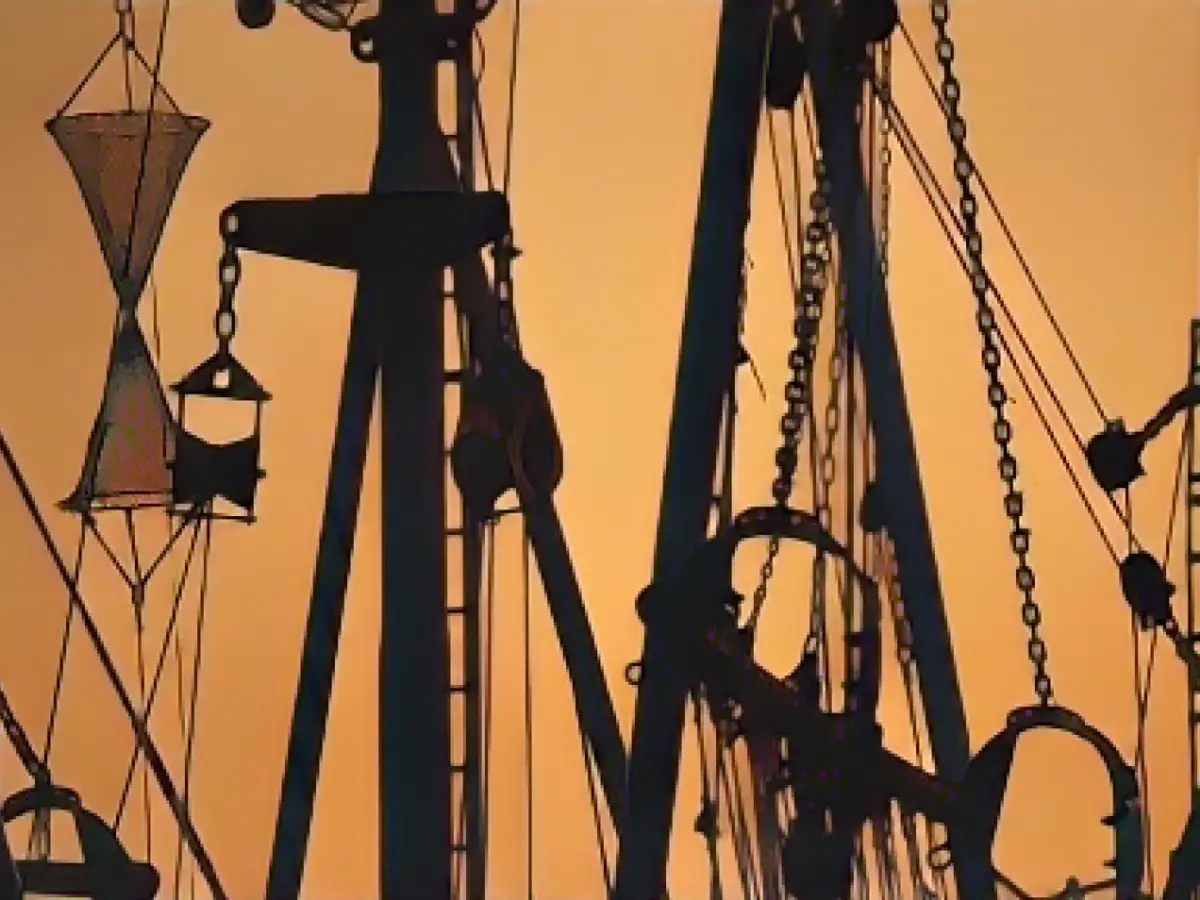Anglers in Saxony-Anhalt are giving fishing enforcers a tough time, with the Anglers' Association reporting a significant increase in instances of disrespect, verbal abuse, and even physical attacks. This has made some bodies of water too risky for inspectors to visit.
Anja van der Molen-Stolze, the Anglers' Association's managing director, shared her concerns with the German Press Agency. She revealed that the frequency of such incidents has led to some waters being withdrawn from inspection due to the potential danger to the inspectors.
The association reported these incidents to the state government, and threats with knives, particularly in urban areas, have been cited as a concern. In response, the association suggests that inspectors carry out checks in pairs and provides conflict management training. Cooperation with the police is attempted, but organizational challenges make it difficult.
Groups of anglers are responsible for some of the most intimidating attacks, according to van der Molen-Stolze, often led by anglers with migrant backgrounds.
Fishing inspectors are appointed by various entities, including associations, local authorities, the police, and water police. They are responsible for ensuring anglers have valid permits and are observing closed seasons for various fish species. They receive an annual stipend of approximately 180 euros.
Despite the escalating risk, the Anglers' Association advocates for collaboration with local police to combat the increasing incidents of hostility towards fishing inspectors. However, information on German authorities' specific measures to address these issues is scarce.
In an international context, organizations like CITES and EFCA implement regulations to ensure fishing practices adhere to regulations, such as safeguarding endangered species and enforcing EU fishing regulations. These efforts contribute to maintaining a secure environment for inspectors by ensuring compliance with regulations.
While the U.S. Coast Guard's efforts to strengthen cybersecurity in maritime transportation systems cannot directly address phyiscal attacks on inspectors, they provide a broader framework for ensuring safety and security in maritime operations.
In summary, the rise in hostility towards fishing inspectors in Saxony-Anhalt is a pressing issue that requires attention, and while international efforts are being made to maintain a secure environment for inspectors, specific measures taken by German authorities to address these concerns remain unclear.





